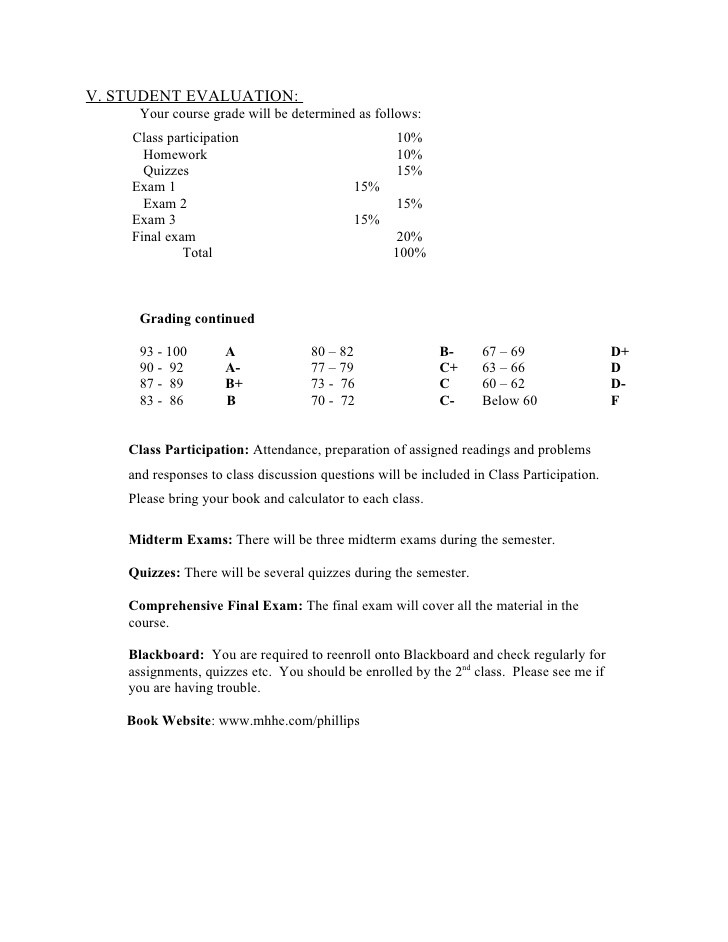Financial accounting from the Course Accounting Fundamentals
Post on: 20 Июль, 2015 No Comment

FAQs
Watch the Online Video Course Accounting Fundamentals
2h 46m Appropriate for all Jun 03, 2014
Viewers: in countries Watching now:
Financial accounting
The second flavor of accounting is financial accounting. Reporting the results of a business or an organization to people outside that organization, it’s summary information given to outsiders. Financial accounting. Let’s consider the case of a person applying for a loan, a mortgage loan for example, you want to buy a house. I just went through this not long ago. You go to the mortgage company, you say, I’d like to have a mortgage loan so I can buy this house. Here’s what they do. They ask you to verify your income, you’ve got to give them W2 forms and all kinds of paperwork to confirm what your income was in the most recent year, actually the most recent several years.
They also ask you to verify what things you have. Accountants call these things assets. Do you have a house, do you have a checking account, do you have any investments, lets get those all listed down. Do you have any obligations, do you have any credit card obligations, do you have any other loans. We want to see all those things. The loan company wants to verify your income, they want to verify the economic resources you have and the economic obligations that you have. Basically you are asked for personal financial statements. You’re not telling the bank or the lender everything that you’ve ever done, you’re giving them a summary of what you’ve done through a summary of your income, summary of your assets, summary of your obligations.
This is financial accounting. What are the benefits to providing these personal financial reports when you’re applying for a loan? The benefits to the lender are obvious. The lender wants to know whether you’re going to be able to pay them back so they want to see are you making money, have you made money steadily over the past few years. Do you have assets, do you have resources, do you have an investment account, do you have cash in the bank. Do you not have too many other loans, too much credit card debt. The benefit to the lender is very clear, it helps them to be more able to forecast the probability that you’re going to be able to repay the loan.
That’s great for the lender. What about for me, the borrower? Imagine if you weren’t allowed to provide financial information. You go into the lender and say, I’d like to borrow some money. Well we’d like to know — Nope, you can’t ask anything about me, you just have to lend me the money. That makes it a much more risky proposition. Lenders are going to be much less likely to loan money to anybody if they cant verify your income, can’t verify your resources. By reducing the uncertainty to the lender it makes it easier for me, the borrower, to borrow money.
Also if I’m a credit-worthy borrower, if I’ve been prudent, if I’ve saved money, if I’ve got some resources it gives me an opportunity to reveal that. I want to reveal that to the lender to make it even more likely that they’ll give me a loan. This process of providing personal financial statements to a lender when getting a loan benefits the lender, they can make better decisions. Benefits the borrower because the borrower can reduce the uncertainty to the lender and therefore make it more likely that they’ll get the loan. This is financial accounting.
Let’s think of a business example. Let’s say that you have a friend, Lily. Lily has a dream, she’s had a dream for years: She wants to start and operate her own ice cream business. She makes homemade ice cream, it’s delicious, she wants to go commercial with this. She’s figured out what she’s going to need to make this happen and she wants to build her ice cream factory right where you’re sitting right now. Look around where you are right now, that’s going to become Lily’s ice cream factory. She’s going to buy the land, she’s going to buy the building, she’s going to fill it full of big, gleaming stainless steel ice cream making machines.
She’s going to buy some cream, she’s going to sugar she’s going to buy some strawberries — all natural of course — and she’s going to start making some ice cream. Lily has figured out that in order to turn her dream into reality she needs a hundred million dollars. That minor little barrier is all that stands between Lily and her dream of her own ice cream business. The question is, where can Lily get a hundred million dollars? Where could you get a hundred million dollars if you wanted to start your own business? I don’t know about you, but if I’m going to get a hundred million dollars to start a business it’s going to have to come from strangers, because I don’t have a hundred million dollars myself.
I’m going to all my friends, all my family, all my cousins, all my aunts and uncles and as many people I can think of, and we’re going to come up a little short of a hundred million. So if you really do need a hundred million dollars to turn your dream of an ice cream business into a reality ice cream business I’m going to have to get money from strangers. How can I convince strangers to invest in my business? That’s the question, and what that does is that leads to the transition. We’re now going to go from ice cream to accounting because without accounting we don’t get any ice cream, we don’t get any new businesses, we don’t get anything.

It’s accounting that makes it possible for individuals to turn their dreams into reality by raising money, getting it from strangers. How could Lily convince strangers to give her a hundred million dollars for her ice cream company? She can’t, without reliable financial statements. Without a financial report that says, Here’s the profitability of this ice cream business. Here’s a list of the current resources this ice cream business. Here’s a listing of the current obligations of this ice cream business. Without reliably communicating the financial situation of her business, or for a new business the anticipated financial situation of the business, without reliable reports Lily cannot convince strangers to give her the hundred million dollars.
In our modern economy this is fundamental because you’re raising money by getting it from strangers. If you’re going to start an ice cream factory in Germany it’s very likely that you’re going to borrow money or get investment funds from France, and from South Africa, and from Russia, and from Hong Kong. It’s going to come from all over. You’re going to get money from people you’ve never seen before, and people whom you may never see, so they don’t have any personal basis on which to invest in your company or loan money to your company.
How do you communicate with them, how do you make it so that they’re comfortable with you and your business plan? With reliable financial statements. Accounting is right there at the crucial point in business. It allows people to raise money from strangers so that they can turn their dreams, in Lily’s case, into reality. It’s accounting that makes that happen. What are these fabulous statements? They’re called the balance sheet and the income statement. A balance sheet is a very fundamental report. It’s a list of an organization’s resources, accountants call those assets, and an organization’s obligations, accountants call those liabilities.
The assets, how much cash do you have, how much do you have in land, how much do you have in trucks and equipment. Those would be a listing of a company’s resources. Obligations, how much money have you borrowed from a bank, how much do you owe in taxes, how much do you owe your employees in wages that you haven’t paid yet, let’s see all those obligations. That’s a fundamental report for any business. What do you have and what do you owe. We call that a balance sheet. Next fundamental financial report is called the income statement. How much money is this company making? Well anybody wants to know that.
If I’m thinking of loaning money to your company or investing in your company I need a report of how much money you’re making. The balance sheet and the income statement are fundamental reports that are provided by organizations, by businesses to people outside the company so those people outside can decide, Should we loan that company money? Should we invest in that company? It’s not all the details of the operations of the company, it’s a summary. It’s a balance sheet, it’s an income statement.
There are currently no FAQs about Accounting Fundamentals.














